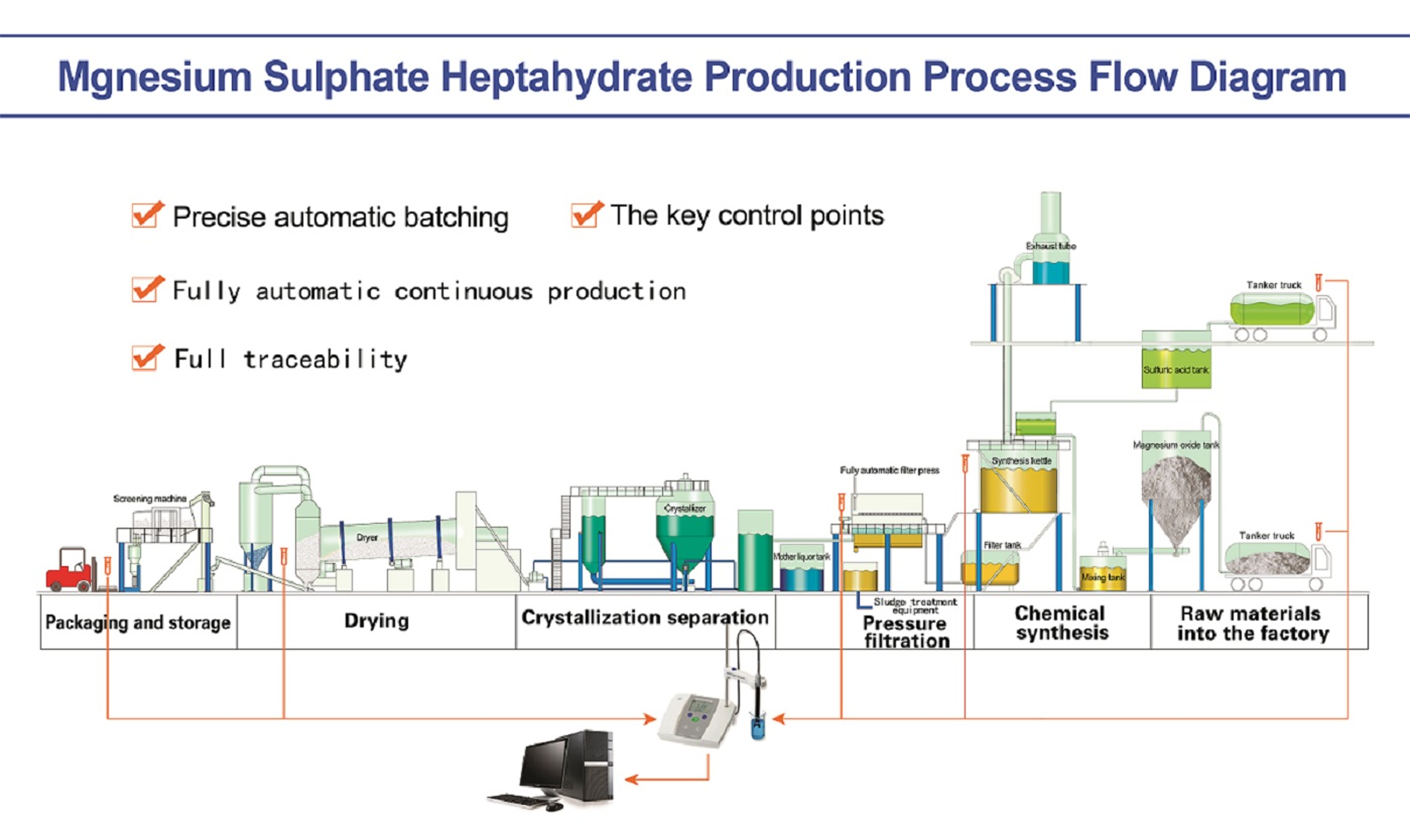Sodium Lauryl Ether Sulfate (SLES) is a widely used surfactant in various personal care, household, and industrial products. Here’s an overview of its applications and usage:
### 1. **Personal Care Products**
- **Shampoos and Conditioners**: SLES is commonly used for its excellent foaming and cleansing properties. It helps remove dirt, oil, and buildup from the hair and scalp.
- **Body Washes and Soaps**: It creates a rich lather and helps emulsify oils, making it effective in cleansing the skin.
- **Toothpaste**: SLES may be included for its foaming ability, enhancing the overall experience of brushing.
### 2. **Household Cleaning Products**
- **Liquid Detergents**: It helps in breaking down stains and grime, making it effective in laundry and dishwashing liquids.
- **Surface Cleaners**: SLES is often found in all-purpose cleaners and kitchen cleaning products due to its emulsifying and wetting properties.
### 3. **Industrial Applications**
- **Paints and Coatings**: SLES can act as a wetting agent, improving the spreadability and stability of paint formulations.
- **Textile Industry**: It is used as a scouring agent to remove impurities from fabrics during processing.
- **Agricultural Products**: In agrochemicals, SLES is used to enhance the effectiveness of pesticides and herbicides by improving their dispersion and adhesion.
### 4. **Other Applications**
- **Foam Production**: SLES is used in the production of foams for firefighting and industrial applications.
- **Cosmetic Formulations**: It can be found in creams, lotions, and other products for its emulsifying and thickening properties.
### **Benefits of SLES**
- **Effective Cleansing**: SLES is a potent surfactant that can effectively remove dirt and oil.
- **Good Foam Stability**: It produces stable foam, which is desirable in many formulations.
- **Milder than SLS**: SLES is generally considered milder on the skin compared to Sodium Lauryl Sulfate (SLS), making it a preferred choice in personal care products.
### **Safety and Environmental Considerations**
While SLES is widely used and generally considered safe, some individuals may experience skin irritation. Therefore, manufacturers often include it in concentrations that minimize potential adverse effects. Additionally, SLES is biodegradable, making it a more environmentally friendly option compared to some other surfactants.
Overall, SLES plays a vital role in many everyday products, contributing to their cleaning, foaming, and emulsifying characteristics.




 Guarantee safe
Guarantee safe 






